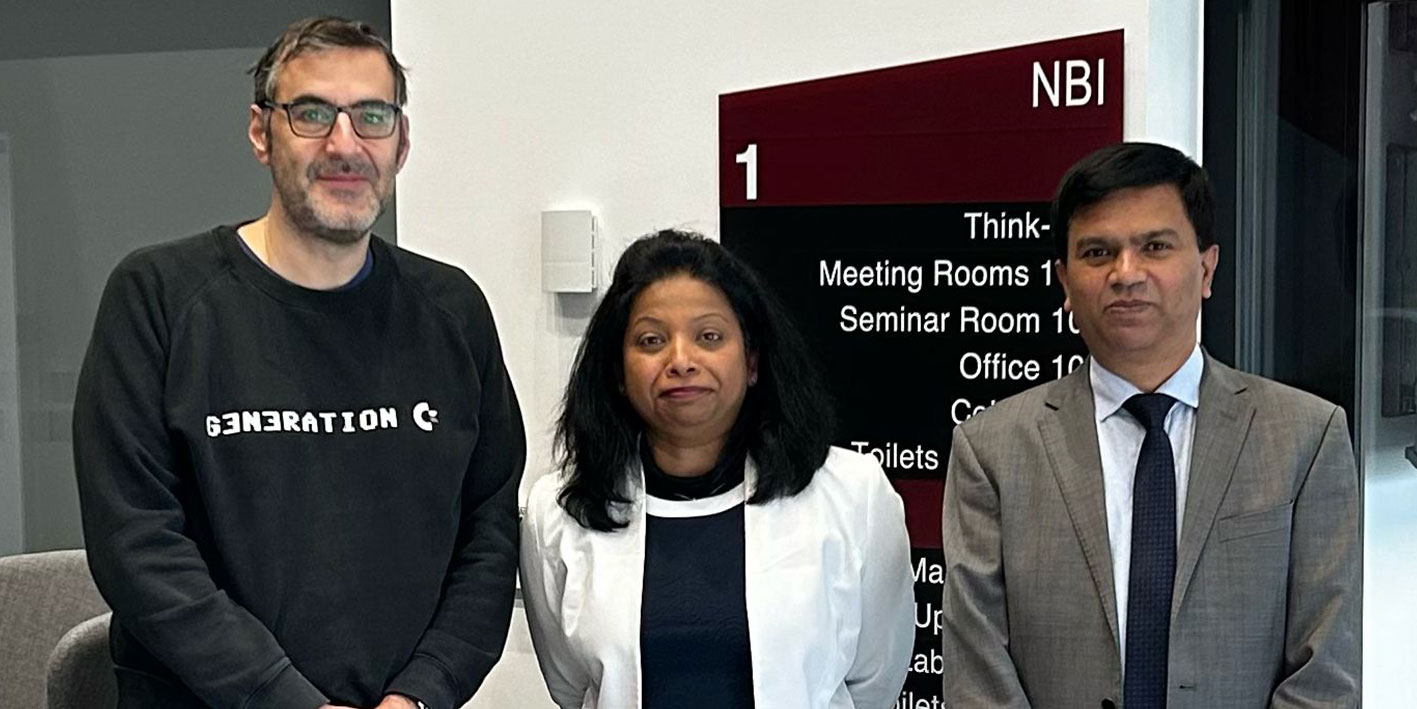
Funding for brain tumour research goes backwards despite Government commitments
Latest figures from the National Cancer Research Institute (NCRI) reveal that the total national spend on cancer research allocated to research into brain tumours decreased to just 1.37% in 2015*.
This news comes after the House of Commons Petitions Committee’s report earlier in the year, “Funding for research into brain tumours”, which stated that “successive governments have failed brain tumour patients and their families for decades”.
Health Minister George Freeman MP had formally accepted the Petitions Committee report, which has been described as “damning”; recognised the “extraordinary call from people for the disease to be given higher priority”; and announced a new Task and Finish working group of clinicians, charities and officials to discuss how to address the need for more brain tumour research.
The NCRI figures came as a shock to patients, carers, activists, charities and politicians coming together at a meeting of the All-Party Parliamentary Group on brain tumours on Wednesday 13th July, chaired by Rebecca Harris, MP for Castle Point.
Among those speaking at the meeting was Helen Jones, MP for Warrington and Chair of the influential Petitions Committee, who said: “The Committee will be keeping a close eye on the progress of the working group. It seems that the Government has not yet accepted some of our important recommendations and has failed to recognise that the complexities of brain tumours mean that they do not always benefit from general cancer research.”
that they do not always benefit from general cancer research.”
Also speaking on 13th July was leading neuro-oncology researcher Professor Tracy Warr, from the University of Wolverhampton Neuro-Oncology Research Centre.
She said: “Funding for research in the UK is desperately needed. Unless we address the huge challenges faced by young research scientists who want to pursue a career in brain tumour research, we risk losing them to overseas research institutes or to other specialisms.”
The University of Wolverhampton’s Neuro-Oncology Research Centre was established in 2009 to lead the way in identifying the genetic causes of brain tumours and the treatments to deal with them.
Sue Farrington Smith, Chief Executive of the charity Brain Tumour Research, who has provided the secretariat for the All-Party Parliamentary Group since 2005, said: “It was an incredible milestone for the brain tumour community to shine a light on this issue with the unprecedented success of the original e-petition, the Petitions Committee report and subsequent Parliamentary debate. But we can’t stop there. We look forward to playing a key role in the Government working group to drive the Petitions Committee’s recommendations forward.
“We are calling for the national investment in brain tumour research to be increased to £30-£35 million per annum. Brain tumours kill more children and adults under the age of 40 than any other cancer yet just 1% of the national spend on cancer research has been allocated to this devastating disease.”
*Brain Tumour Research’s analysis of the total national spend on cancer research allocated to research into brain tumours reveals a decrease of 0.17%, from 1.54% in 2014 to just 1.37% in 2015. Annual statistics sourced from: http://www.ncri.org.uk/what-we-do/research-database/
-ENDS-
Notes
Fundraising in its own right, Brain Tumour Research is also an umbrella charity, working in collaboration with Member Charities around the UK. Together with this network and supported by the fundraising achievements of our Umbrella Groups and fundraisers across the UK, over £4 million was raised during 2015 to fund both brain tumour research and to provide support for patients and families.
Brain Tumour Research’s Invest In a Cure manifesto calls on the Government and the larger cancer charities to increase national investment in brain tumour research to between £30m and £35m, in line with other cancers. This issue was taken up by the Petitions Committee as the subject of their first-ever inquiry, resulting in their report “Funding for research into brain tumours”. This led to a debate in the House of Commons in April 2016 where Health Minister George Freeman MP formally acknowledged more must be done for brain tumour patients and their families and announced measures to begin to address the issue.
Key statistics on brain tumours:
- Brain tumours kill more children and adults under the age of 40 than any other cancer…
- Yet just 1% of the national spend on cancer research has been allocated to this devastating disease.
- 16,000 people each year are diagnosed with a brain tumour.
- Less than 20% of those diagnosed with a brain tumour survive beyond five years compared with an average of 50% across all cancers.
- Unlike most other cancers, incidences and deaths from brain tumours are increasing.
For more information please contact the Corporate Communications Team.


/prod01/wlvacuk/media/departments/digital-content-and-communications/images-2024/240328-Varsity-Line-Up-Resized.jpg)
/prod01/wlvacuk/media/departments/digital-content-and-communications/images-18-19/220325-Engineers_teach_thumbail.jpg)
/prod01/wlvacuk/media/departments/digital-content-and-communications/images-2024/240404-Digital-Humanities-Training-Resized.jpg)
/prod01/wlvacuk/media/departments/digital-content-and-communications/images-2024/240320-Uzbekistan-Resized.jpg)
/prod01/wlvacuk/media/departments/digital-content-and-communications/images-2024/240229-The-Link-Resized.jpg)
/prod01/wlvacuk/media/departments/digital-content-and-communications/images-2024/240404-Pharmacy-Students-Resized.jpg)

